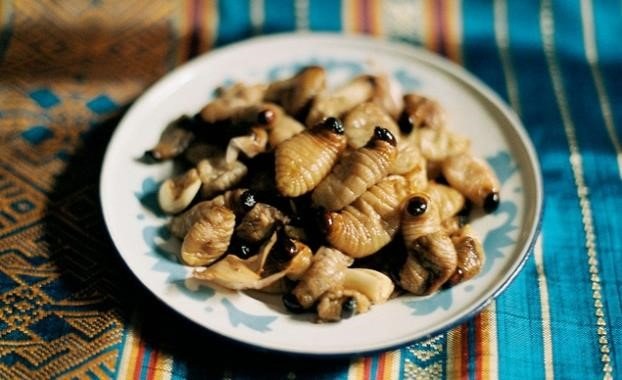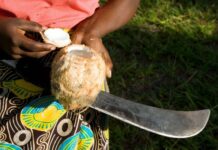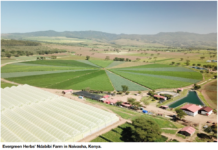By Lawrence Paganga
Africa is expected to lead the global insect and hydroponic drive that could boost food security and business and the industry is expected to be worth US$8 billion by 2030.
This emerged during a virtual discussion on; “Insect and Hydroponic Farming in Africa: The New Circular Economy” hosted Wednesday by the World Bank.
According to the World Bank, the world needs to find new ways to produce more new nutritious foods, in a more sustainable way and increase global food security in light of climate change.
“It is not new to eat insects and consume hydroponic plants, but I think there is new technology, new ways of doing things in order to scale this,” World Bank Vice President Juergen Voegele said.
“We need smart farming that strengthens the food system and insect farming is one of these approaches of smart farming practices. It produces high protein, and lower production costs, unlike say soya bean or fish meal, and it is something we love to eat.”
He added: “And Africa is very well ready to benefit. Africa already has hydroponic farms and about 850 (insect) farms and I am convinced new business will be created, and I am delighted of Africa leading the way.”
A recent World Bank report shows the benefits for Africa and countries affected by fragility, conflict, and violence to venture into the insect, and hydroponic farming sector to promote nutrition, jobs, the environment, and as hard currency reserves.
“Insect and hydroponic crop farming, for both human food and animal feed, have the potential to increase access to nutritious food, while creating millions of jobs, improving the climate and the environment, and strengthening national economies, according to a new World Bank report.
“The World’s natural resources cannot sustain the current footprint of agriculture, especially when it comes to animal feed. To reverse current trends, we need a heavily disruptive and resilient food production model. The report makes a persuasive case for insect and hydroponic farming to complement conventional farming,” Voegele, the World Bank’s Vice President for Sustainable Development, said.
“Together with other investments in climate-smart agriculture, these technologies are part of a promising menu of solutions that can help countries move their agriculture systems toward greater sustainability and reduced emissions.”
It is estimated two billion people globally consume insects that are collected in the wild.
“What’s new is farming insects, specifically for human and animal consumption to provide a year-round supply, increase insect quality and meet the growing demand for animal protein.
“Combining hydroponic crops, that also use very little water and require no arable land, with insect farming is also novel and provides benefits ranging from improved nutrition to climate-resilient production synergies,” the World Bank said in its report.
“Together, these technologies improve food and nutrition security while reducing waste, taking pressure off land and water resources, and helping to reduce greenhouse gas emissions.
“They can also save farmers money and governments hard currency reserves by decreasing food, feed, and fertilizer imports and purchases. Small-scale operations can be established at low cost, opening opportunities for climate-resilient jobs, including for women, youth, and refugees who often live in locations with limited resources.”
According to Dorte Verner, the World Bank Lead Agriculture Economist, the world needs a food production system that feeds everyone.
“The world needs a food production system that can feed everyone, everywhere, every day with nutritious food while providing economic benefits and protecting the environment, including in countries with few resources. A circular food economy and insect and hydroponic farming can deliver on this promise,” she said.
Other speakers during Wednesday virtual discussion were, Raouf Mazou, Assistant High Commissioner for Operations, UNHCR, Talash Huijeber, chief executive of InsectiPro, and Martin van Nieuwkoop Global Director, Agriculture and Food Global Practice, World Bank.









